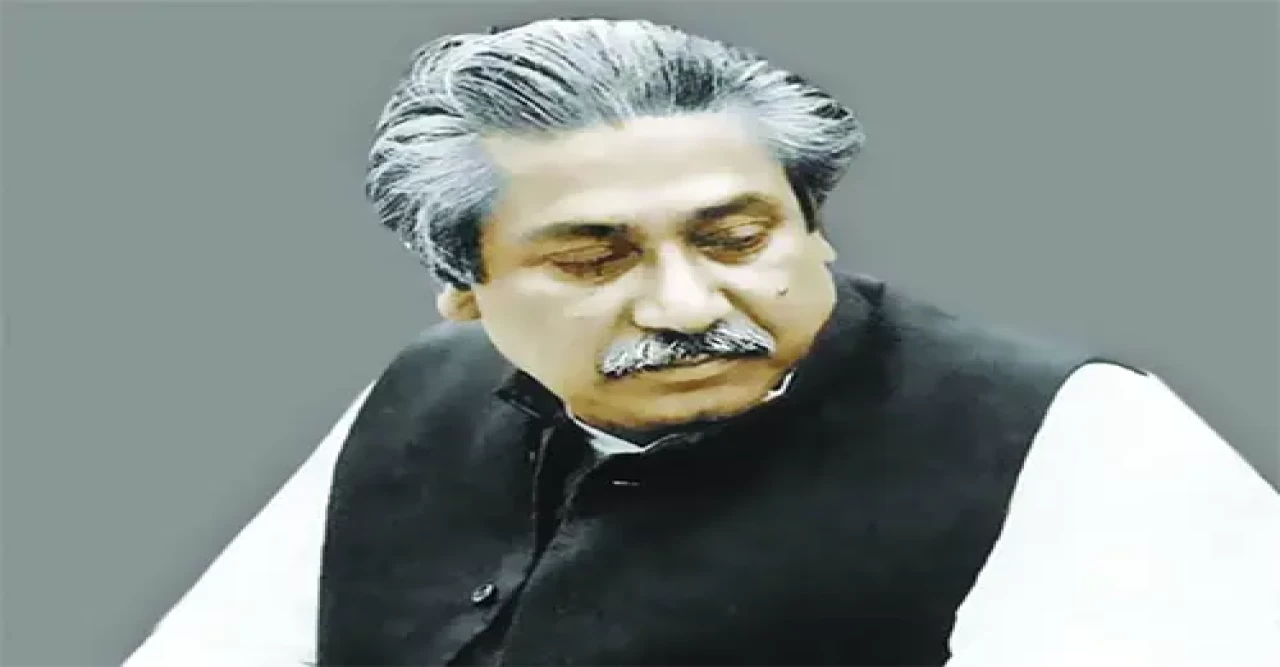
"August 15, 1975, was the darkest day in Bangladesh's political history"
খবর প্রকাশিত: ১৬ জুন, ২০২৫, ০৯:০৭ পিএম

Pamelia Riviere
Bangladesh's Interim Government made a controversial decision to abolish the national holiday dedicated to honouring Bangabandhu Sheikh Mujibur Rahman.
As a key figure in the nation's history, Bangabandhu was not only my childhood hero but also the architect of Bangladesh's sovereignty. The tragic events of his assassination on that fateful day left an indelible mark on my young mind, despite my limited understanding of the complex political landscape at the time.
Reflecting on his legacy, it is indisputable that Bangabandhu made errors during his rule, including consolidating political power and forming the controversial Rakhkhi Bahini, which is reminiscent of the present-day Rapid Action Battalion (RAB).
However, the violent and senseless act of his assassination remains unjustifiable in my eyes.
There is no need to compare Bangabandhu's actions with those of Sheikh Hasina. Everyone should respect what is deserved.
I'm happy to have had the chance to read a book recommended for my development course. The book, "Democracy, Development and Discontent in South Asia," was written by V. Kukreja in 2008. In this book, the author discusses the decline of past regimes and the reasons behind it, highlighting authoritarianism as a major issue leading to their decline.
As I delved deeper into the dynamics of Bangladeshi politics, I came to comprehend the pervasive influence of authoritarianism, characterized by electoral manipulation, systematic marginalization of political opposition, and the integration of religious leaders into the political framework.
Notably, the visibility of religious leader indicators within the interim government underscored the entrenched nature of these issues within the country's political fabric.
Recognizing the implications of these challenges, I am convinced that addressing these issues is pivotal to the establishment of a more just and democratic system in Bangladesh.